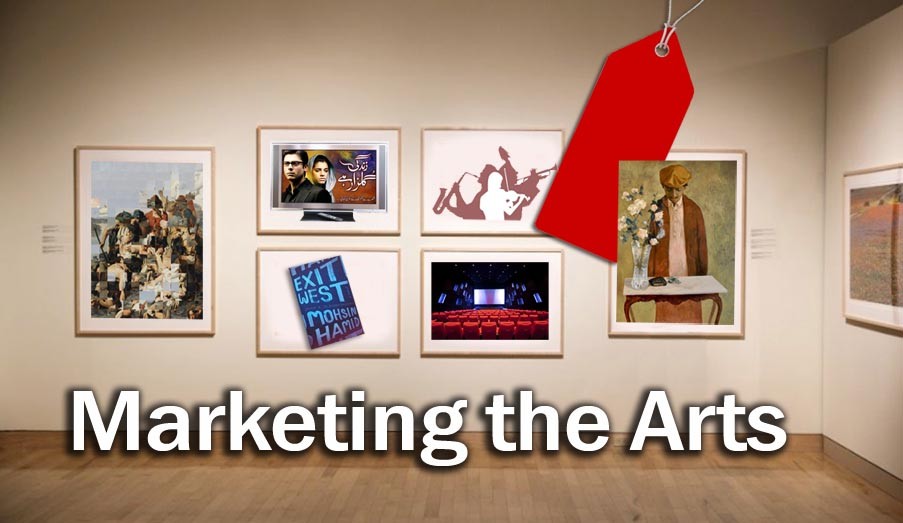

In a cut-throat capitalist world, it is not only goods that are commodified and, thus, bought and sold. In this market-driven system, there is hardly anything left that is not commodified -- humans, ideas, arts literature, you name it. In a way, mankind has kind of come to terms with this in most aspects of life except perhaps the arts.
The idea of market as the great equaliser is put under scrutiny when it comes to arts. Somehow, the skepticism about market putting the best before the consumer of arts remains. The creators, or producers shall we say, of arts have no such qualms in putting up their creations for sale.
Does that mean that there is, as theorists have pointed out, a culture industry out there that operates on the same rules as any other industry? It can create a need for consumption of culture like other commodities; so people can buy and consume culture and become happy citizens. The collectors’ instinct, too, is a product of this consumption of culture.
Read also: If literature is a commodity
And yet, as earlier said, the skepticism remains. What if marketing helps bring bad products to the fore while the real talent remains hidden? What if the best books were written but never got published or distributed or read because the writer was too shy or reluctant to market them? There is a sense of unease about the whole business of self-projection and public relationing and its connection with arts. How appropriate it is for an artist or a writer to become a brand of his own work? Does it help promote excellence, does it deceive, is it even necessary, if not this then what?
These are the questions that we have tried to address in today’s Special Report.